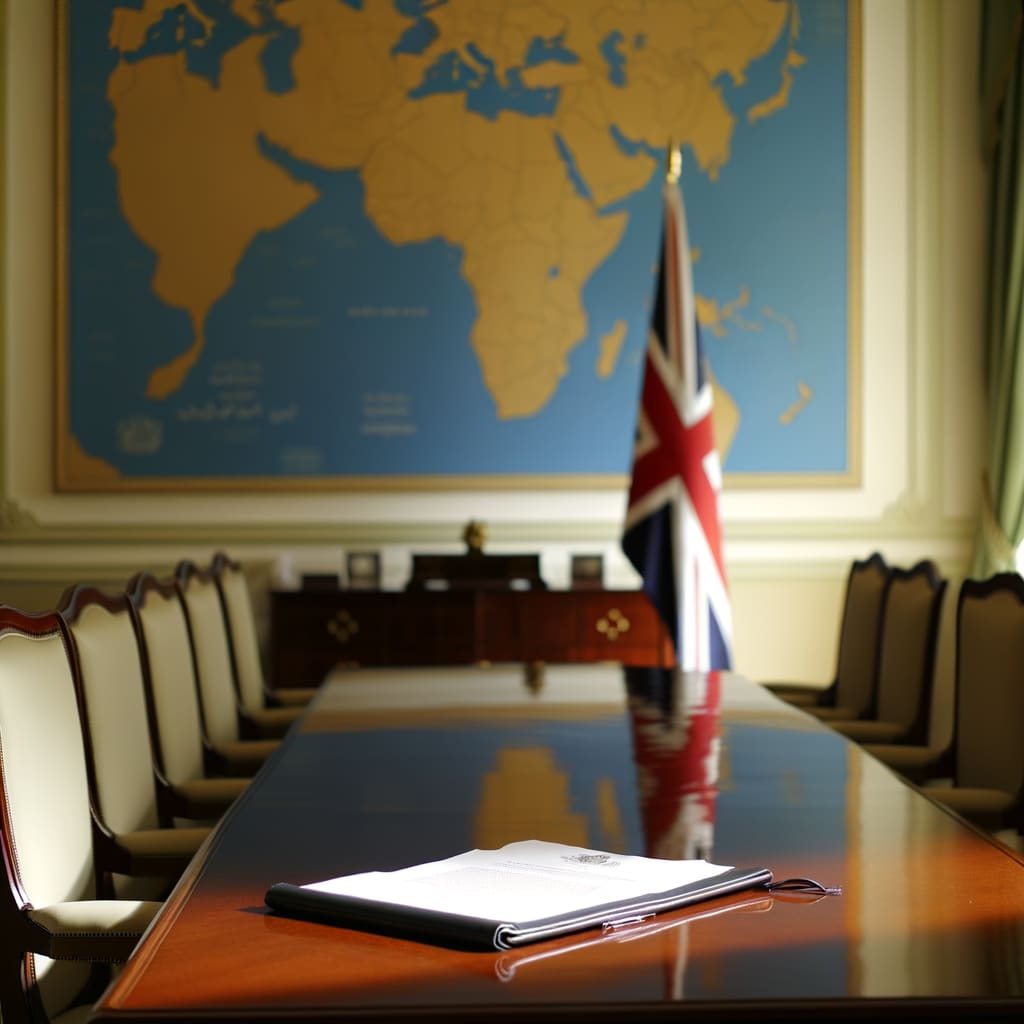UK to Recognise Palestinian State, Sparking Global Reactions
British Prime Minister, Keir Starmer, has announced that the UK will recognise Palestine as a state unless Israel commits to a ceasefire and the two-state solution. His statement has drawn varied reactions from around the globe, sparking a lively debate about its legality and implications.
Background and Context
Starmer made the announcement during an emergency British government meeting on the ongoing crisis in Gaza. The move is seen as a significant shift in UK's foreign policy, but it is conditional. Israel must take substantive steps
to end the humanitarian crisis in Gaza and commit to negotiations on a two-state solution. Otherwise, the UK will recognise a Palestinian state by September at the United Nations General Assembly, following the footsteps of France.
Key Developments and Details
Critics, including 40 peers, have argued that the recognition may breach international law, specifically the Montevideo Convention, which outlines the criteria for statehood. However, UK Minister Gareth Thomas dismissed these claims, stating that the move is a political judgment
and is compliant with international law.
Meanwhile, Starmer's decision was criticised by Mark Levin, host of the Life, Liberty and Levin
show on Fox News. Levin accused Starmer and other Western European leaders of lecturing Israel on how to fight a war and claimed that their expectations were an impossibility
. On the other hand, 15 more countries including Russia, have joined the growing push to recognise Palestinian statehood.
Implications and Reactions
The announcement has stirred global reactions. While Palestinian authorities and several Arab states welcomed it as historic
, Israel and the US have strongly criticised it. Israel accused Emmanuel Macron, the French President, of 'rewarding terror' with his similar decision. The Guardian reports that some critics, including Emily Damari, a British-Israeli woman held hostage by Hamas for over a year, argue that this move may incentivise Hamas not to make peace or release the remaining hostages.
Furthermore, some commentators such as Ismail Patel from Middle East Eye, argue that this is not a genuine step towards justice or an end to the brutal realities in Gaza and the Occupied West Bank, but rather a conditional statement that risks functioning as a distraction.
Current Status
As of now, the UK's plan to recognise a Palestinian state remains firm, unless Israel agrees to a ceasefire and commits to the two-state solution. The move has sparked a wave of similar recognitions, with countries like France and Australia joining in or considering the idea. Whether this will significantly alter the dynamics of the Israel-Palestine conflict remains to be seen.

